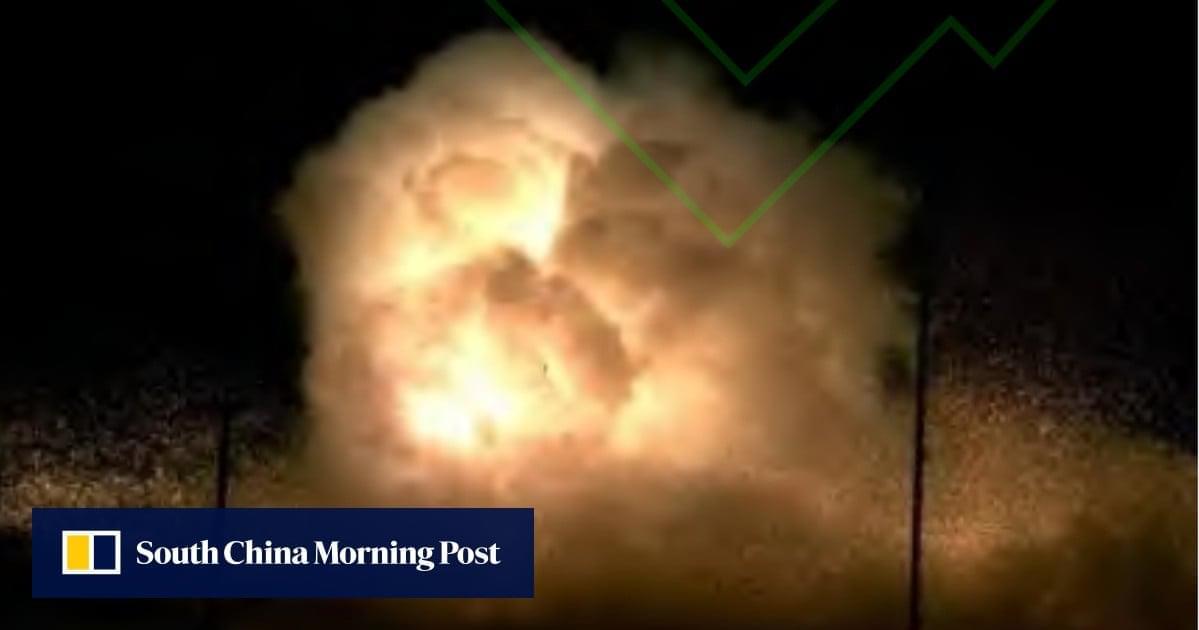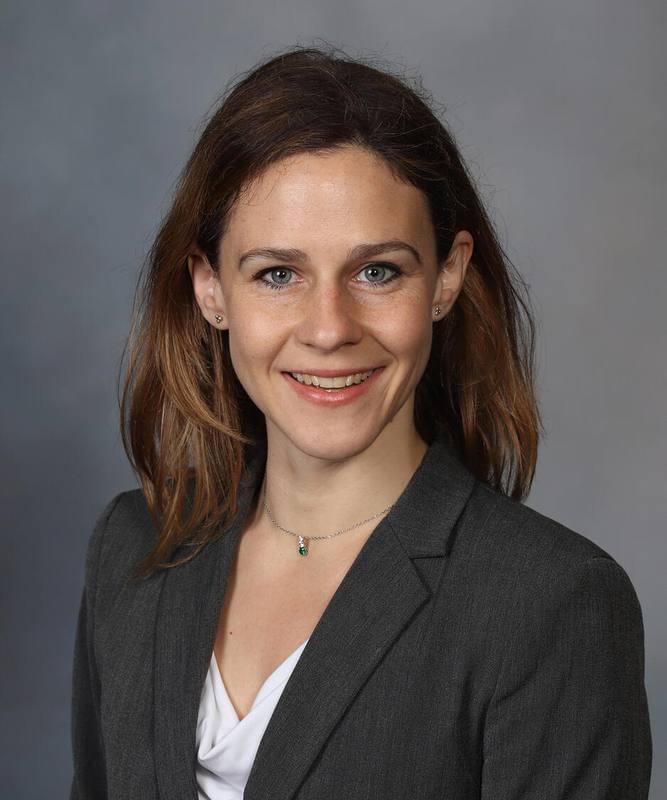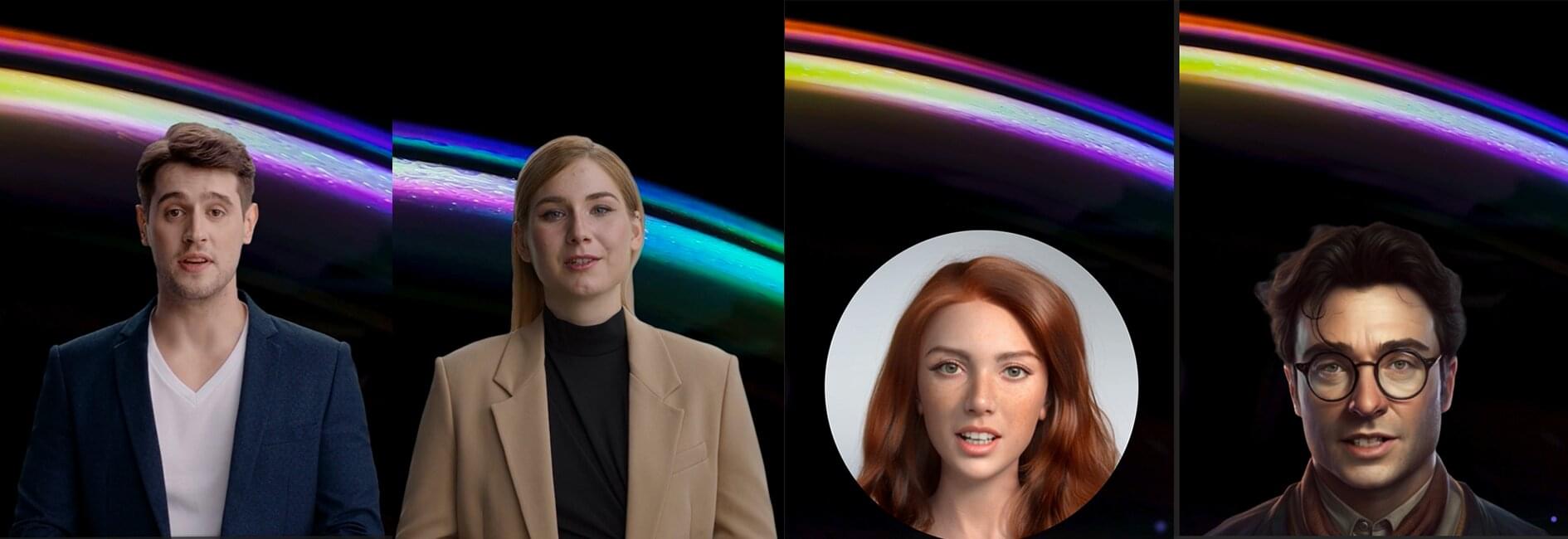Main episode with Michael Levin: https://www.youtube.com/watch?v=2aLhkm6QUgA&t=3255s.
As a listener of TOE you can get a special 20% off discount to The Economist and all it has to offer! Visit https://www.economist.com/toe.
Join My New Substack (Personal Writings): https://curtjaimungal.substack.com.
Listen on Spotify: https://tinyurl.com/SpotifyTOE
Become a YouTube Member (Early Access Videos):
https://www.youtube.com/channel/UCdWIQh9DGG6uhJk8eyIFl1w/join.
Support TOE on Patreon: https://patreon.com/curtjaimungal.




